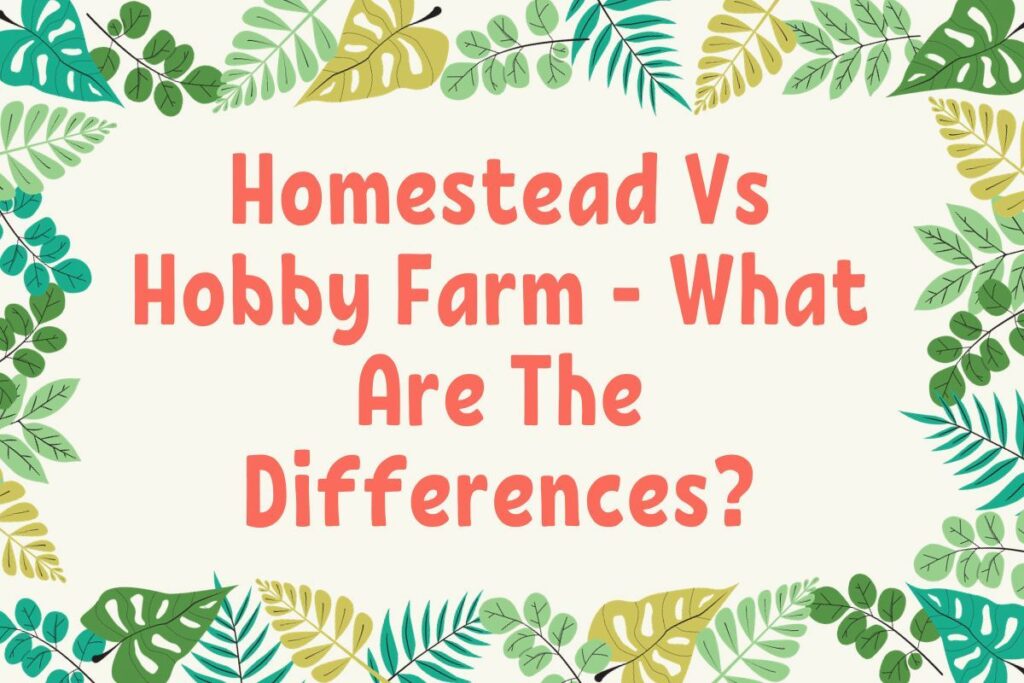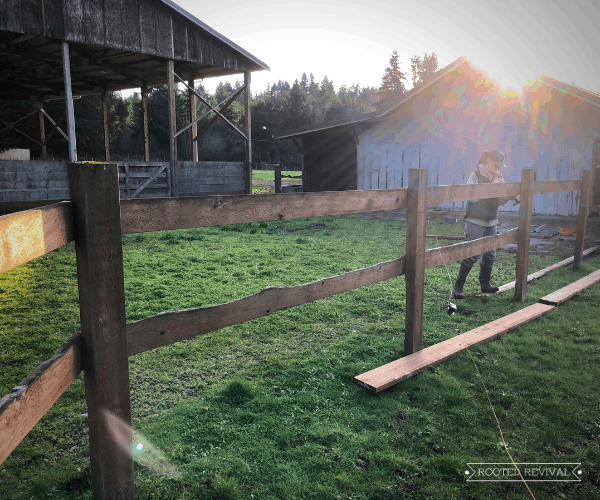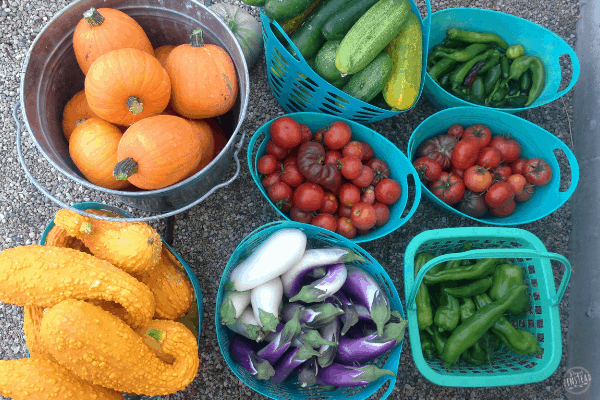Homesteads and hobby farms are both agricultural setups that are DEFINITELY not the same. If you want to build one for yourself and are confused between the two, you may want to know the exact differences between them.
I started as a homestead myself and also helped a friend set up a hobby farm last year. They’re very different! A homestead is focused on self-sufficiency and sustainable living, and hobby farming is more about enjoyment and recreation.
In today’s discussion, I’ll explore:
- The differences between homestead and hobby farm
- A general overview of both of these agricultural setups

1. Purpose
There’s a huge difference between the purpose of starting a homestead and a hobby farm.
If you’re opting for a homestead, you’re basically aiming to grow your own food and live completely off-grid.
It’s a hands-on lifestyle without relying much on external sources!
Now, here’s a contrast with a hobby farm.
It’s more about relaxation and enjoyment rather than hustling for self-sufficiency. As the name suggests, you’ll build it just for a hobby or time pass.
You’ll be in for a weekend to take a break from the usual and boring (9 to 5) routine and engage in farming activities because you simply love doing it.
2. Size
When it comes to size, homesteads are (usually) smaller and focus on using space efficiently to meet your basic needs. In this way, you’re able to make the most of the land and save money in the process.
On the flip side, hobby farms come in all shapes and sizes! They can be big or small (It’s totally a matter of your pocket).
If you’ve got a box full of money, you can buy huge land, plant different crops, and rear as many animals (Goats, sheep, cows, or even horses) as you want!
Even with a small amount of money, you can set up a hobby farm and pursue only those plantation activities that you prefer!

3. Resource Utilization
You build homesteads with one main goal, “Feed yourself with what you grow.” So, everything that you grow on the land or comes from chickens or cows goes into your food prep.
After that, if something is left behind, you can sell it off and earn some money (But remember that’s not your primary income resource). As a homesteader, you are more into self-sufficiency and sustainability rather than turning your farming activities into a business.
Let’s switch gears to hobby farms. They offer you a bit more flexibility. There’s no doubt about the fact that you build them to pursue farming as a hobby, yet you can sell off the produce from your animals or plants (Because you don’t rely on them).
It’s obviously not a full-blown business, but some extra cash might not hurt anyone, right?
4. Time Commitment
Managing a homestead is a full-time job! You put in serious hours to grow your own crops, tend animals, deal with energy resources, and whatnot. Even you live and breathe there.
As a homesteader, you are investing a huge amount of your time and effort into making it work. It’s not just a weekend project; it’s a way of life.
A hobby farm could be your weekend thing. You can come here on Saturdays and Sundays, spend time growing your favorite crops, ride a horse, and that’s about it. Then, you can hand over the keys to a caretaker, head back, and repeat.
Your level of involvement is flexible. It’s not like you have to be out there every single day!
5. Building Yourself or Buying
Homesteads are the ultimate DIY project. You roll up your sleeves and start everything from scratch.
You build your own house, set up gardens, and design systems to make everything sustainable. It’s a hands-on approach and build-it-yourself adventure.
On the other hand, the concept of hobby farms is different. Some people may buy land and build on it. But others can simply search for the best hobby farms in their desired location and buy it off completely.
There’s no hassle of constantly taking care of the animals or crops on a hobby farm; you can leave this task to caretakers or servants. The key here is that you’re in it for farming fun rather than starting everything from scratch.
6. Using the Produce
In a homestead, you’re supposed to use everything wisely (Because it’s for daily living). You plant just the right amount of veggies, not too much or too little. The same goes for animals. You only rear what’s manageable for daily use.
The goal is to be super-efficient – to get the most out of everything for your everyday needs.
But the case with hobby farms is somewhat the opposite! It’s not about meeting daily needs; it’s about following your heart. Even if some plants have not flourished well or chickens have not given eggs yet, it simply doesn’t matter.
The beauty of a hobby farm is that even if things don’t go according to the perfect plan, you just have fun while it lasts and head back to your home.

7. Long Term Goals
Homesteaders and hobby farmers have different long-term goals because they see things differently. As a homesteader, you look to achieve self-sufficiency in the long term. You work towards making a sustainable home that’s perfect for you and your family.
You also feel responsible for taking care of the land and passing it on to your kids and grandkids because you truly love the place you’ve built and plan to keep it for generations.
But here’s the cool twist with hobby farms. The long-term goals are pretty flexible. You might have some plans for it, but they can change based on what’s happening in your life.
You see your farm as a fun project for a certain time, not forever. That’s why you may sell it at any time if you get a good offer.
Ending Note!
In the lively debate of homestead vs. hobby farm, I’ve highlighted 7 differences that set these farming styles apart. Both of these are tailored for different people. Homesteaders vouch for self-sufficiency, while if you own a hobby farm, you strictly see and treat it as a hobby.
I hope the concept is clear to you now, and you can build any on them yourself, depending on your needs. Now the ball is in your court (Which one to go for)!
